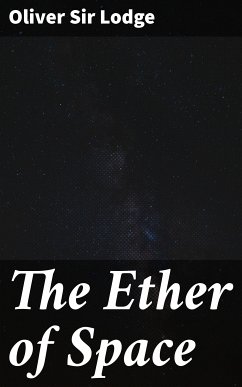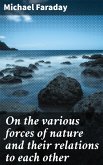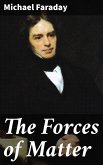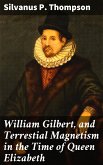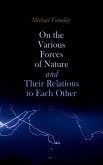In "The Ether of Space," Sir Oliver Lodge embarks on a profound exploration of the fundamental nature of the universe, presenting a synthesis of scientific inquiry and philosophical reflection. Written during the early 20th century, amidst burgeoning interest in electromagnetism and the foundations of modern physics, Lodge employs a clear yet erudite literary style, characterized by a didactic tone that seeks to engage and enlighten readers. He deftly weaves together experimental evidence and theoretical propositions, contemplating the role of ether as a medium for light and electromagnetic waves, while also addressing the spiritual implications of his scientific assertions. Sir Oliver Lodge was a pioneering physicist and a prominent advocate for the theory of ether, which reflects his deep-rooted curiosity about the interconnections between science and metaphysics. A contemporary of renowned scientists like Einstein and Marconi, Lodge's experiences in the realms of both experimentation and speculation prompted him to examine not only the physical underpinnings of reality but also its philosophical dimensions. His role as a communicator of science to the public underscored his belief that understanding the ether could lead to greater insights into the cosmos and our place within it. This book is highly recommended for anyone intrigued by the interplay between science and spirituality, as well as those seeking to unravel the complexities of early 20th-century scientific thought. Lodge'Äôs engaging narrative, coupled with his expansive vision of the universe, invites readers to reconsider their perceptions of reality and encourages a dialogue between empirical evidence and metaphysical inquiry.
Dieser Download kann aus rechtlichen Gründen nur mit Rechnungsadresse in A, B, BG, CY, CZ, D, DK, EW, FIN, F, GR, H, IRL, I, LT, L, LR, M, NL, PL, P, R, S, SLO, SK ausgeliefert werden.

